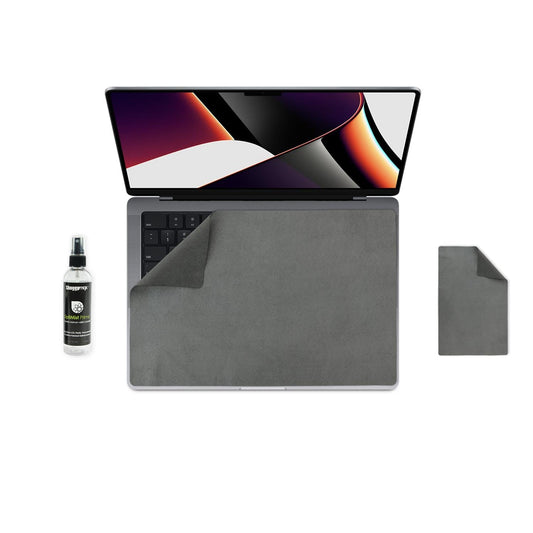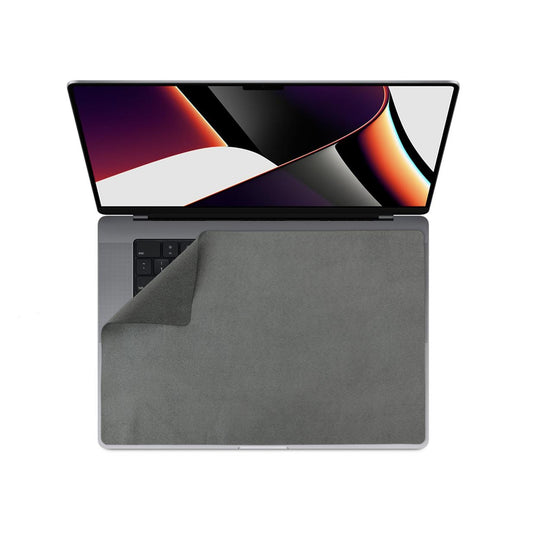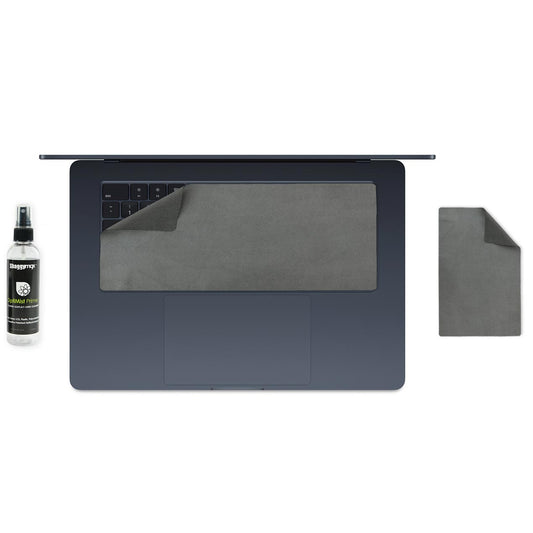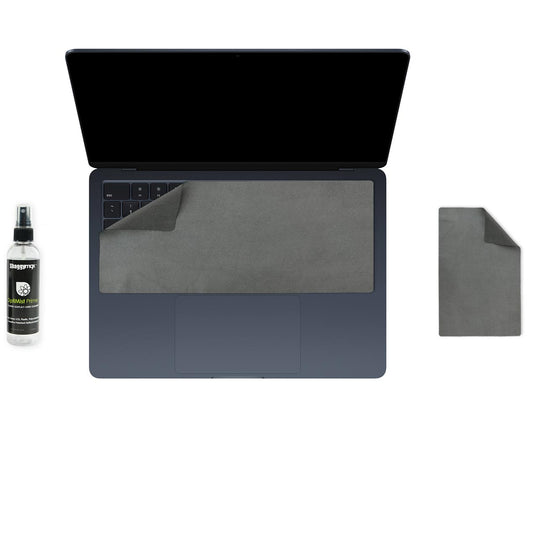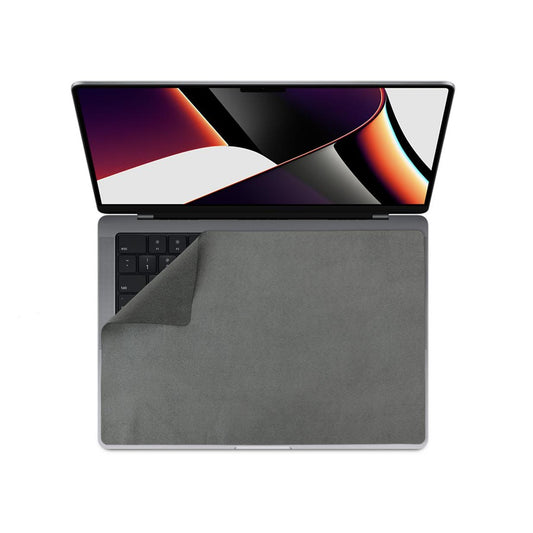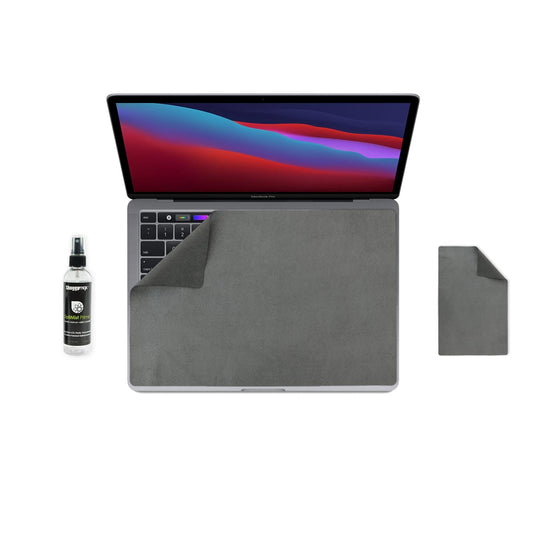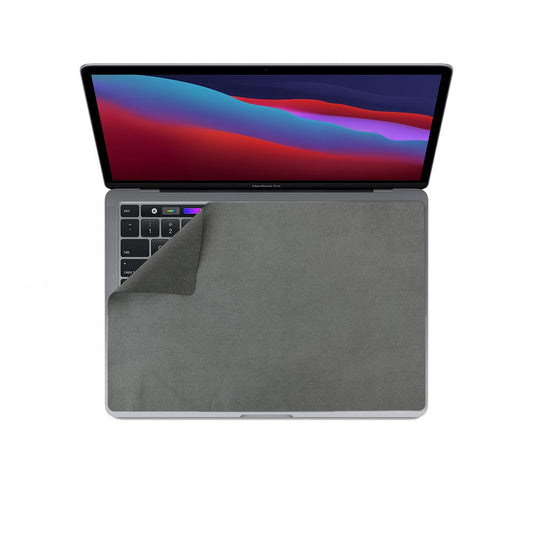The PC vs Mac Argument
Share

The Mac vs PC argument is a debate over which is better: computers made by Apple (Macs) or those made by various companies that run the Windows operating system (PCs). Both have their pros and cons, and the decision ultimately comes down to the needs and preferences of the individual user. Some people prefer Macs because of their reputation for being easy to use, reliable, and having a sleek design.
Others prefer PCs because they are generally less expensive and can be customized to a greater extent. Both Macs and PCs can run similar software and perform similar tasks, so the choice often comes down to personal preference.
There are many points of debate in the Mac vs PC argument, but some common ones include:
-
Price: Macs are generally more expensive than PCs, although the price difference has decreased in recent years.
-
Operating system: Macs use the macOS operating system, which is known for its simplicity and ease of use. PCs, on the other hand, can run a variety of operating systems, including Windows, Linux, and Chrome OS.
-
Customization: PCs are generally more customizable than Macs, allowing users to install different hardware and software to meet their specific needs. Macs, on the other hand, are more limited in terms of customization.
-
Virus protection: Macs are generally considered to be less vulnerable to viruses and malware compared to PCs, although both can still be affected.
-
Compatibility: Some people prefer Macs because they can run software that is not available on PCs, such as the iWork suite. However, most popular software is available on both platforms.
-
Longevity: Some users believe that Macs have a longer lifespan than PCs, although this can vary based on the specific model and how it is used.
There are a few points of debate when it comes to the hardware of Macs versus PCs:
-
Processor: Both Macs and PCs use a variety of processors, including Intel and AMD. Some users believe that Macs have an advantage because they use processors specifically designed for their hardware, while PCs may have a wider range of processor options but may not always optimize them as well for the specific hardware.
-
Graphics: Both Macs and PCs can be equipped with dedicated graphics cards, which are responsible for rendering images and video. Some users believe that Macs have an advantage in this area because they use graphics cards that are specifically designed for their hardware.
-
Upgradeability: PCs are generally more upgradeable than Macs, allowing users to easily swap out components such as the processor, graphics card, and RAM. Macs are more limited in terms of upgradeability, although some models can still be upgraded to a certain extent.
-
Build quality: Some users believe that Macs have a higher build quality compared to PCs, although this can vary based on the specific model.
Ultimately, the hardware debate between Macs and PCs comes down to personal preference and the specific needs of the user. Both platforms offer a range of hardware options and can be suitable for a variety of tasks.
The M1 / M2 chip is a processor developed by Apple for use in its Mac computers. It is based on ARM architecture and is the first Mac processor to be designed in-house by Apple. The M1 / M2 chip has received praise for its performance and energy efficiency, and it has been credited with significantly improving the performance of Mac computers.
Some people believe that the M1 / M2 chip is a game changer because it represents a significant shift in the way that Mac computers are designed and manufactured. Prior to the M1 / M2 chip, Macs used processors from Intel, which are based on x86 architecture. The M1 / M2 chip marks a departure from this approach and has the potential to change the way that Mac computers are perceived in the market.
Whether the M1 / M2 chip is truly a game changer remains to be seen. It has certainly made a strong impact so far and has the potential to shape the future of Mac computers, but only time will tell.


